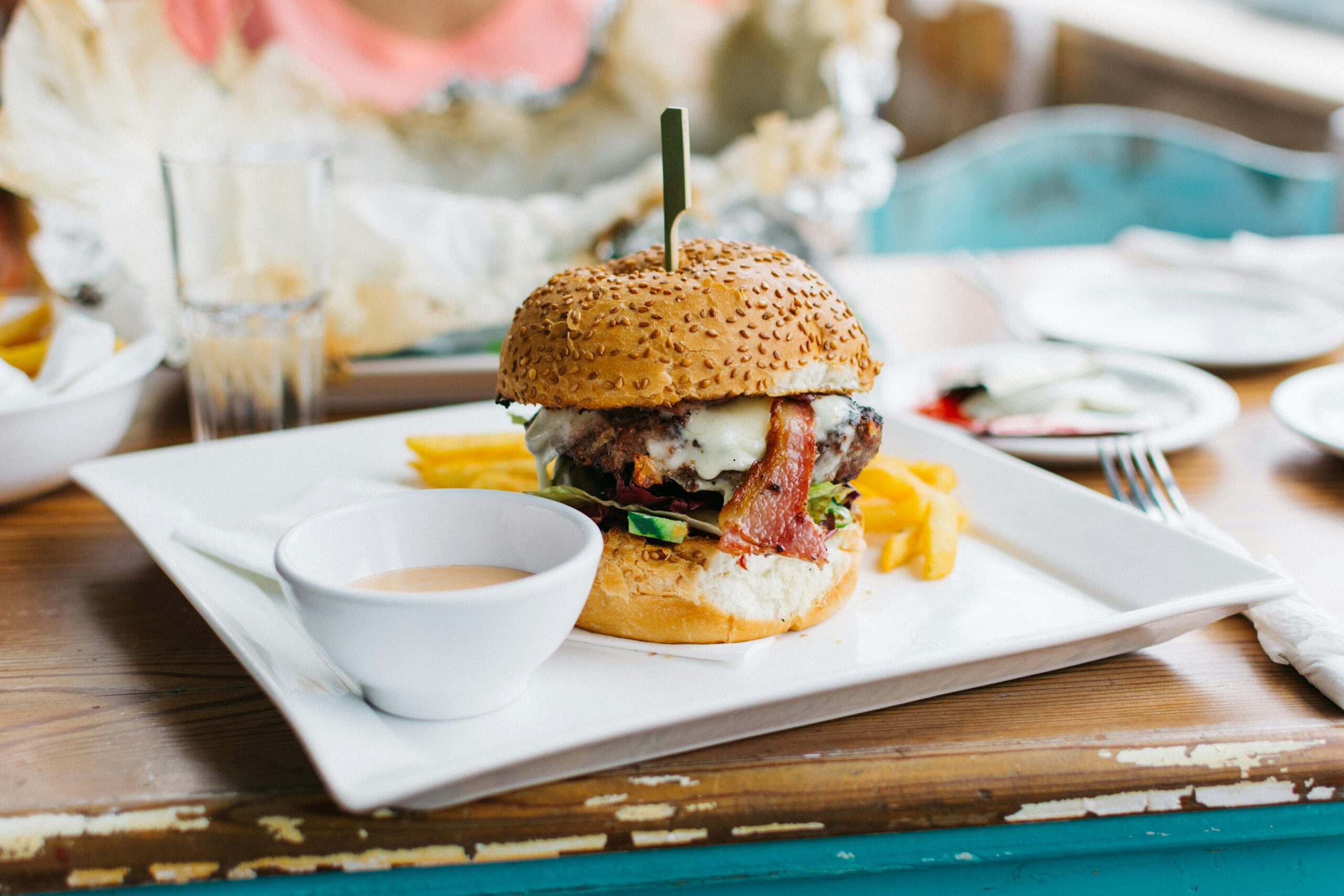
Greater Babylon coverage is funded in part by The Argyle Theatre, where Broadway comes to Babylon. Click here for tickets to ‘A Bronx Tale,’ performing April 25 to June 16.
Greater Long Island contributor Matthew Ambrosio raises awareness of backyard fowl responsibility to reduce abandonment
Having backyard chickens, ducks, and other domesticated birds is a fulfilling experience. However, we must consider the upkeep required for our feathery friends.
Owners frequently abandon birds as they are mistakenly purchased with the mentality that they are disposable. Prospective owners must consider that owning backyard birds is at minimum a 10-year commitment.
When raising backyard animals is a good thing
getting back in touch
People are intrigued when they find out I keep chickens. And there’s a lot for me to talk about when they ask. As animals, they are full of personality and come in many beautiful varieties.
These birds are unique because they are heritage breeds, heirloom breeds raised by our forefathers going back hundreds of years, even before agriculture was industrialized.
Keeping them in this world preserves valuable heritage animals once relied on. We have now found ourselves counting on them once again.
With COVID, I can now sort of identify with survivors of historic plagues who kept chickens, as I’ll bet having food at home saved a potentially hazardous trip to market.
fresh, clean food
One word: divine.
You will not find a fresher egg in any supermarket.
With their creamy, fluffy, and bright orange yolks, eggs this fresh are sought after by top chefs and bakers worldwide. James Bond’s ideal breakfast in “From Russia with Love” were eggs laid by French Marans hens.
I own three of these dark brown egg-laying beauties named Dorothy, General, and Eva.
What you feed them is what goes into your food. My hens eat fresh fruits, vegetables, traditional feed mixed with dried insects, and occasionally hard-boiled eggs.
And yes, it is natural for chickens to eat their own eggs as they are nutrient-dense and rich in protein. Everyone enjoys them, even our pups Clover and Romeo. I also add oregano oil to their diet as a natural antibiotic.

When raising backyard animals is a bad thing
get what you give
As you can probably guess, tending to a flock is a commitment and responsibility that surpasses the skill level of keeping a dog or cat, or a parakeet.
Due to impulsive purchases from the overwhelming cuteness of cheeping chicks, new owners will take them home before giving it at least a day to ponder their decision.
Prospective owners should research before deciding to become keepers of backyard fowl. They, and the chicks, will be better off for it.
A strong background will help chicks avoid becoming helpless orphans, and I ask prospective owners to think not once but twice before they buy.
There will also be costs associated with veterinary care.
Clearing up misinformation
When people say backyard chickens are noisy or cause pests, I ask if they’ve ever kept backyard chickens, and the answer is always a resounding no. There is a lot of misinformation out there, and I’d like to clarify a couple of things:
noise
You don’t need a rooster for hens to lay eggs, but they are part of the reproductive process, and if we didn’t have them, our beloved hens would go extinct.
Do they work everywhere?
As a considerate neighbor who lives in a busy neighborhood, my answer is no. Perhaps I will keep roosters when I retire someday on my dream farm. It is important to note that hens do cluck for a few minutes once daily when they lay.
pests
Chickens do not attract pests like rats and mice in and of themselves.
Food and unsanitary conditions are rodents’ preference.
If food is stored responsibly and maintenance is consistent, owners will avoid these issues. It is also good practice to ensure there are no places for pests to live in, such as debris piles, and keep the overall property clean.
If you want to learn more
There is a wealth of information out there.
Check out Facebook groups of other keepers or subscribe to an expert on YouTube, such as The Chicken Chick.
I am also available to answer any questions you may have.
My first piece of advice is to research your town or village codes to find where it explicitly states fowl are allowed. If they are restricted, you may have the opportunity to petition your town to update the laws.
The codes will also communicate setback limits for the coop, flock size allowance, and specify if roosters are permitted.
It is also essential to note birds are frequently abandoned because they are restricted. Most new owners do not realize this until after the transaction — when it is too late.
Questions? Please email me at chickenparentstob@gmail.com.
























